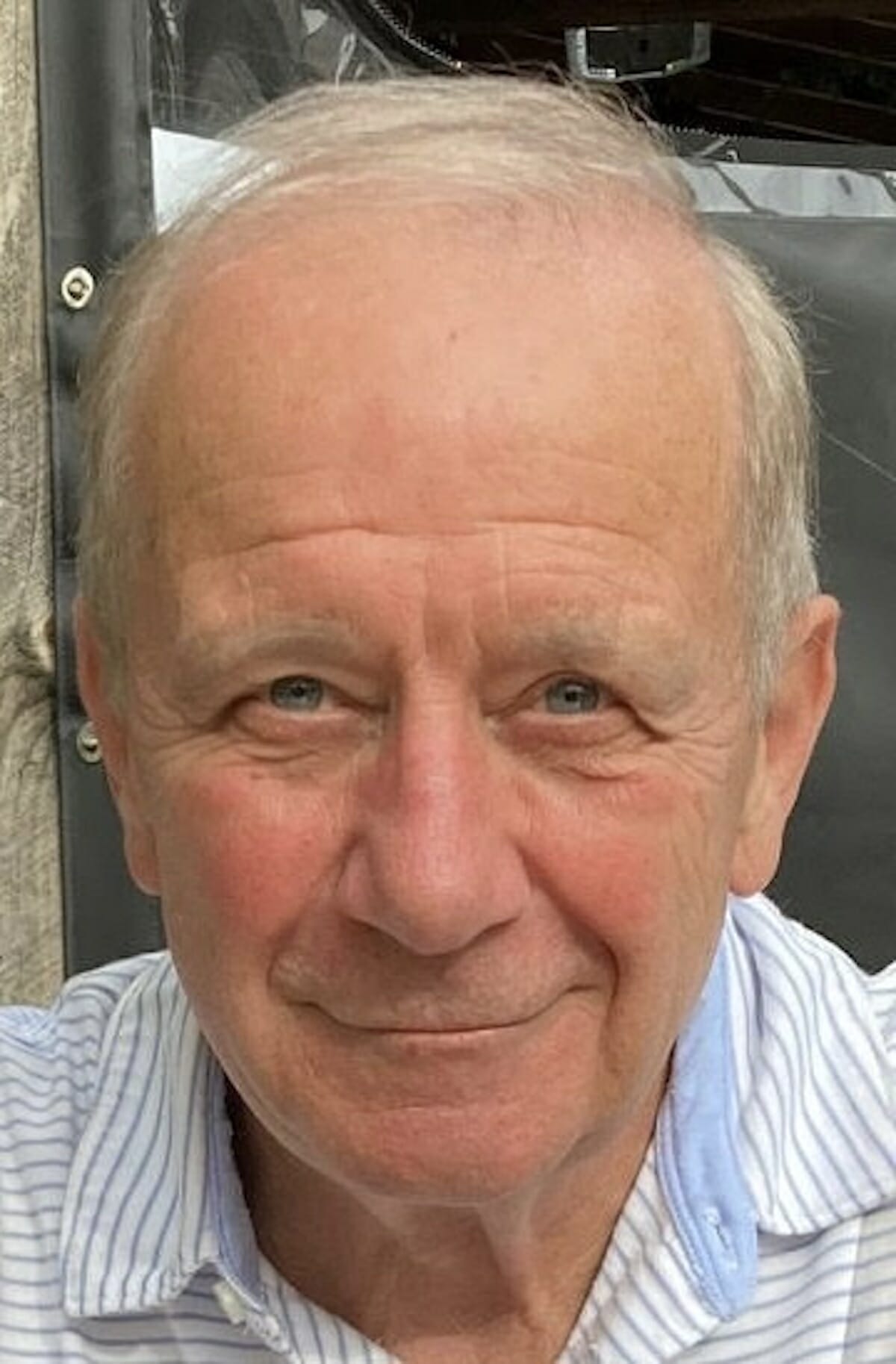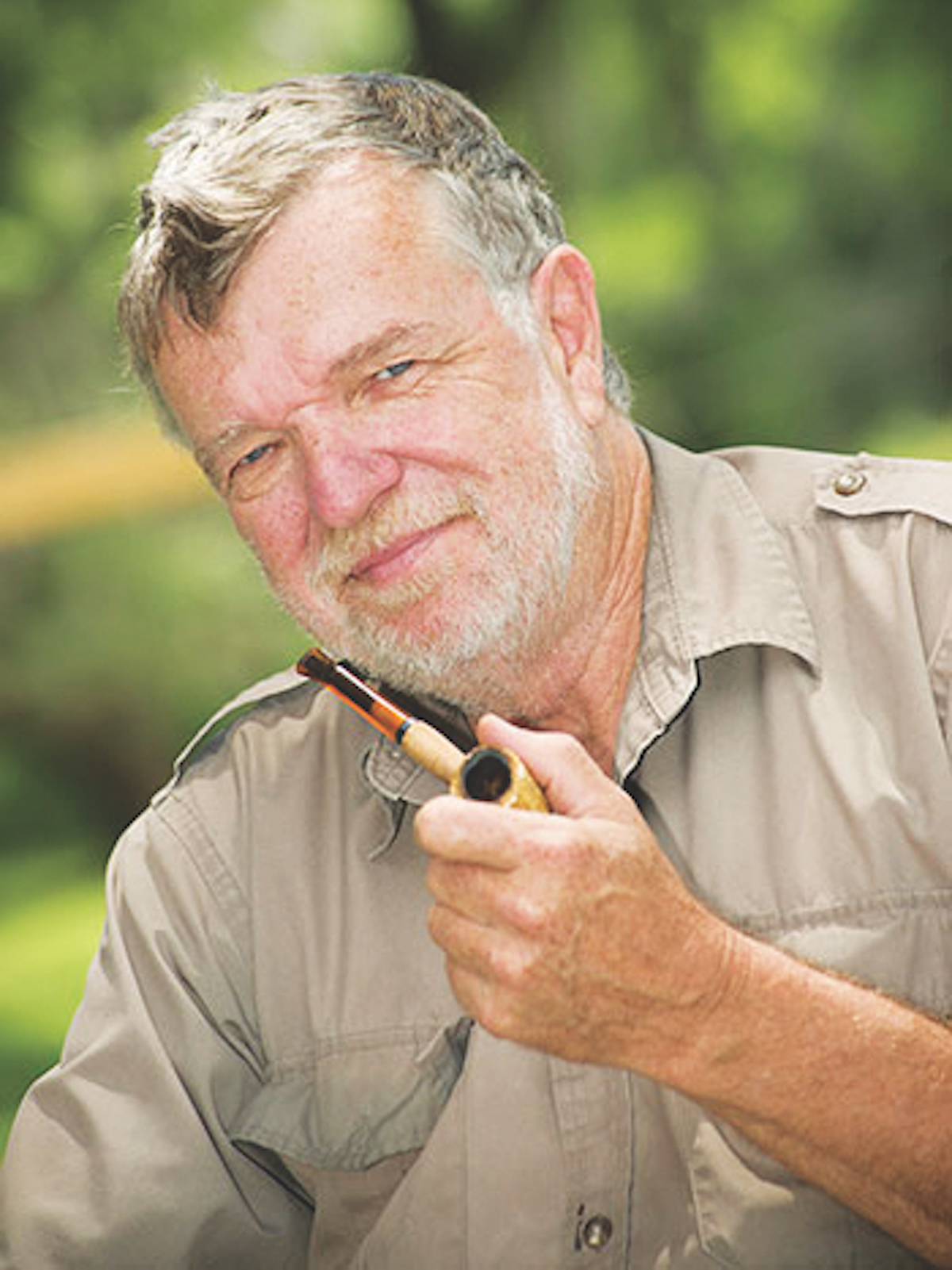By Donald Wright
When I was 19, with the assistance of my state’s Senator, I landed a summer job in Yellowstone National Park. My job title was “common laborer,” which turned out to mean “garbage man.”
Happy to have me out of the house, and pleased I’d be making $2.05/hour — twice the 1964 minimum wage — my parents paid $175 for an 11-year-old Chevrolet so I could drive from Indiana to Wyoming for the job. The car was an oil burner. “Fill ’er up with oil and check the gas,” I’d say to station attendants (remember those?).
I was to report to the park on June 1, which meant tight connections, since my last final exam at DePauw University, in Greencastle, Ind., was May 29. I finished at 3 p.m. and drove off.
For navigation, I had a fold-up map of Indiana in my glove compartment, and when I crossed a state line, I’d stop at the first gas station — the car likely needed oil, anyway — and pick up one of the free state maps they provided. Thus, I made it to Madison, Wis., the first night, where I found a university dormitory with a couch I could sleep on.
Then, it was pretty much due west. I spent the second night in a $5 motel on the Missouri River in South Dakota; ducked down through the Badlands (which were indeed bad); drove across the Rockies in Wyoming until I reached Yellowstone around midnight; followed signs to the appropriate park office; pulled into its parking lot; and slept in the back seat of my car, awakening the next morning to sign in for my job.
Today, for one thing, I marvel at my lack of anxiety over this long-ago, three-day, 1,500-mile, cross-country odyssey in a car that was unsafe to drive faster than 55 mph and had no radio (though a friend lent me his transistor model so I could listen to the Indianapolis 500 on Memorial Day). I had no motel reservations, no phone, and not much money.
Nowadays, I’m anxious when I drive off to find a new restaurant on Lady’s Island. (Will Woods Memorial Bridge be closed? Is it before or after Publix? Should we have gotten a reservation? Will they have a decent IPA on tap?)
For another thing, I see the difference in how we get places. My son, Ben, is a professional musician. Last week, his band had a gig in Shelby, N.C. — the musician Earl Scruggs’s hometown, not incidentally — and I drove there to attend and then bring Ben back to Beaufort for a visit.
There was a time when I would have asked, “Where is Shelby? What’s the best route to get there? Once in Shelby, how do I find where you’ll be playing?” I would have gotten out my Road Atlas, figured out roads to take, and, once on the edge of the town, stopped and asked for directions to my destination.
Today it’s all different. Ben said, “You can get the theater’s address on Google,” and that was that. I found it; tapped “Maps” on my smartphone; typed in the address; hit “Directions;” saw that Shelby is 264 miles from my driveway; and learned that the best way to get there from here is to head toward Spartanburg and then up state highways, a route I could drive in four hours and six minutes. Once in the car, Bluetooth connected me to the dashboard screen, showing me the roads to take, with a nice woman’s voice warning me, repeatedly, when turns were approaching. (I remember a Garmin device a while back, which used the voice of a woman who sounded like that junior-high teacher who was always catching you misbehaving. If you didn’t turn where the Garmin woman instructed, she would exhale audibly and say, “Re-Calculating!” in a tone that brought shame upon you. The Google Maps woman is less authoritative and more forgiving.)
With all this navigation for dummies, however, something has been lost. I have less of a sense these days of where I am, which way I’m facing, which way’s north (though I think I still know which way’s up). When I was in Yellowstone, I knew intrinsically how to get to Old Faithful when a pretty girl wanted a ride there, where the garbage dump was in relation to my housing, and the best way to run when a grizzly bear approached.
Nowadays, I wonder if I’d ask the bear to hold off so I could get out my phone. And I wonder how Columbus felt as he sailed away from the Canary Islands, hoping he was heading for “The Indies.” If only he’d had a smartphone and Google Maps, he might have sailed down around South America and really changed history!
Donald R. Wright is a Distinguished Teaching Professor of History, Emeritus, at SUNY-Cortland. In 2005-06 he held the Mark Clark Chair of History at The Citadel. He is author of books on African, African-American, and Atlantic histories. Don and his wife Doris live in Beaufort.








